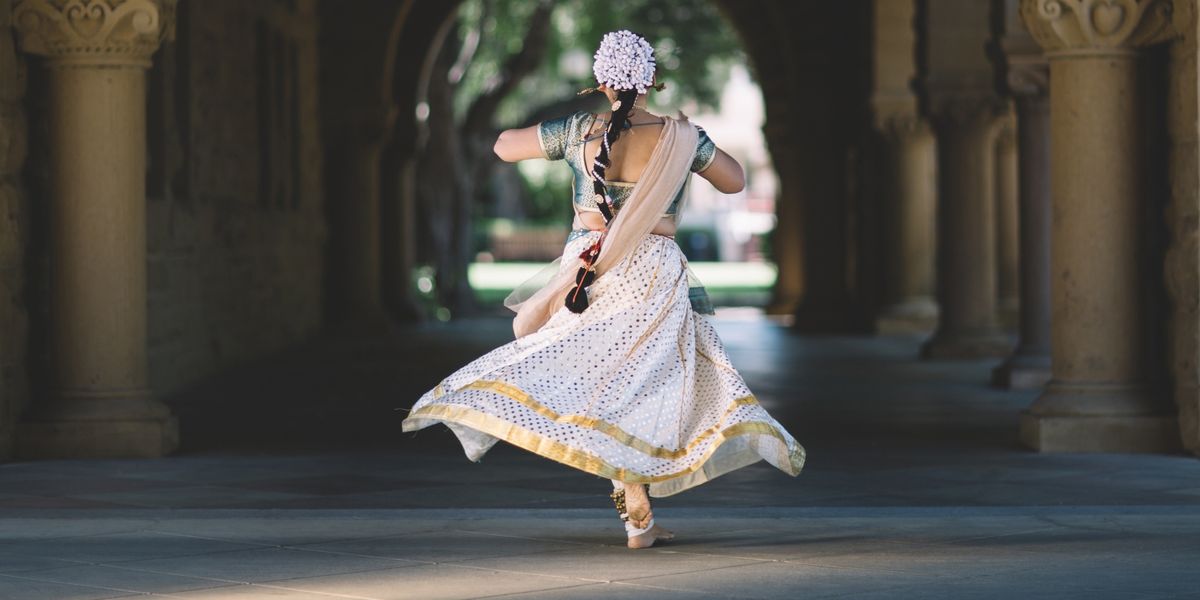4 Reasons Why Introverts Make Great Dancers
Most people assume that for dancers to be successful, they have to be extroverts who feed off of constant attention. They figure that introverts don’t enjoy being in the spotlight.
But don’t let anyone tell you that just because you’re introverted, you can’t have a career in dance.
According to the Myers & Briggs Foundation, the only real difference between introverts and extroverts is where they get their energy. Extroverts are energized by social interaction and drained by time spent alone, while introverts experience the opposite.
Just because introverts might need to “recharge” after time spent performing doesn’t mean that they don’t make good performers. In fact, there are several beneficial qualities that introverts can bring to the stage.
Introverts Are Used to Communicating Without Words
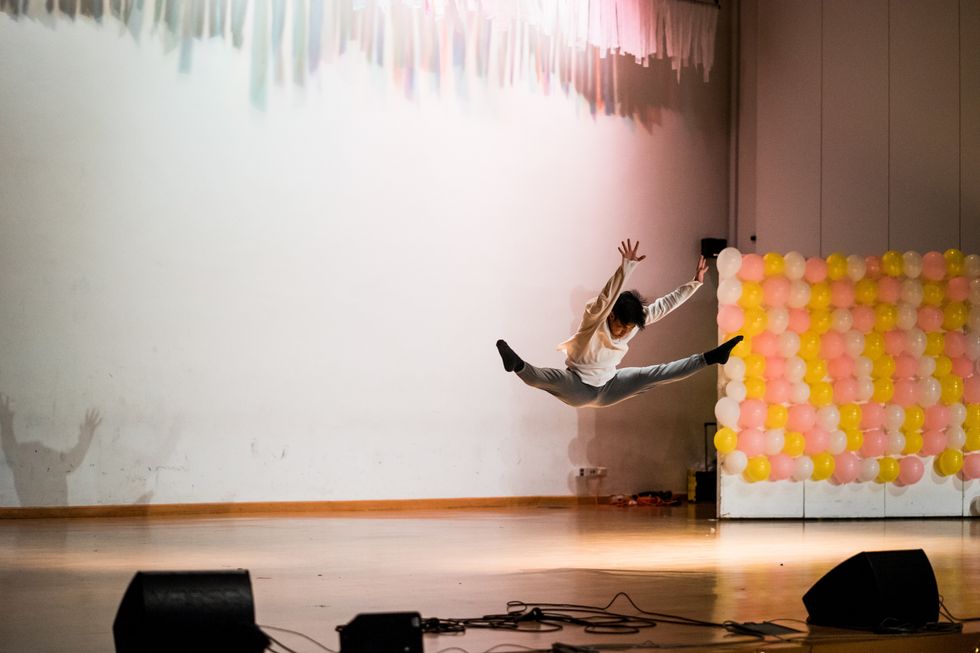 Dance is an especially important means of self-expression for shy people. Photo by Jonathan Chng/Unsplash
Dance is an especially important means of self-expression for shy people. Photo by Jonathan Chng/Unsplash
It shouldn’t be surprising that many introverts are drawn to dancing. Dance allows people to tell stories and share their emotions without words. As “shy” individuals, introverts often prefer to communicate in other ways and embrace dance as an outlet for self-expression. Introverts may struggle to join in group conversations, particularly when more extroverted people make it difficult to get a word in. Introverts will resort to body language such as shrugs, smiles or rolled eyes. Being comfortable using physical expression to communicate in daily life can make them great artists onstage.
Dance Classes Are Ideal Spaces for Quiet Students
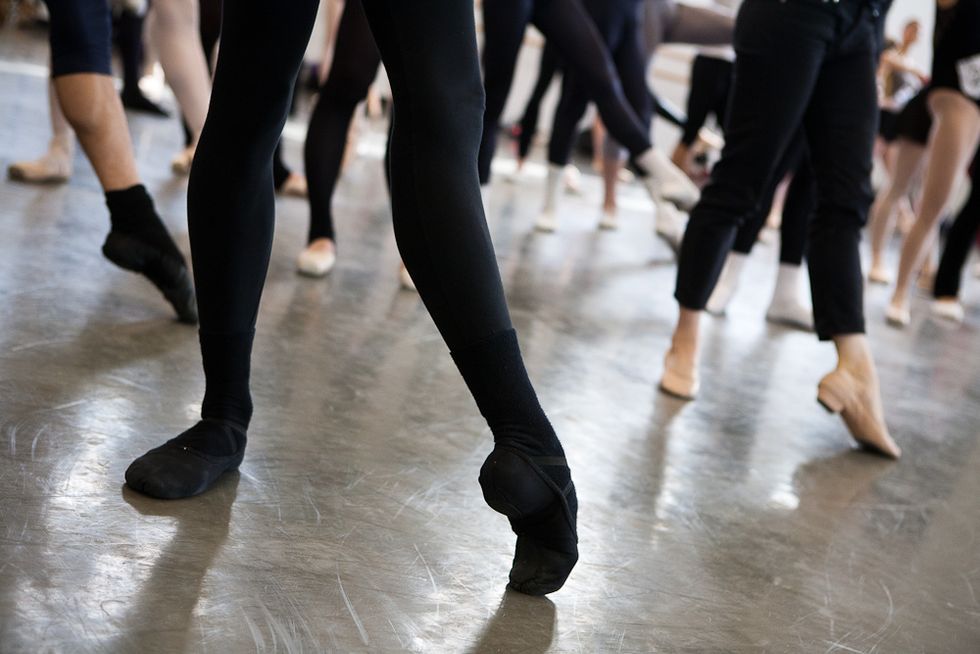 There’s no pressure to speak up, just to soak up the information. Photo by Matthew Murphy for Pointe
There’s no pressure to speak up, just to soak up the information. Photo by Matthew Murphy for Pointe
No one is considered “quiet” during a dance class, because everyone is there to listen to the teacher, to learn and to practice. For introverts, this environment can be liberating. The pressure to speak up is gone. All you need to do is dance.
Introverts Are Observant & Detail-Oriented
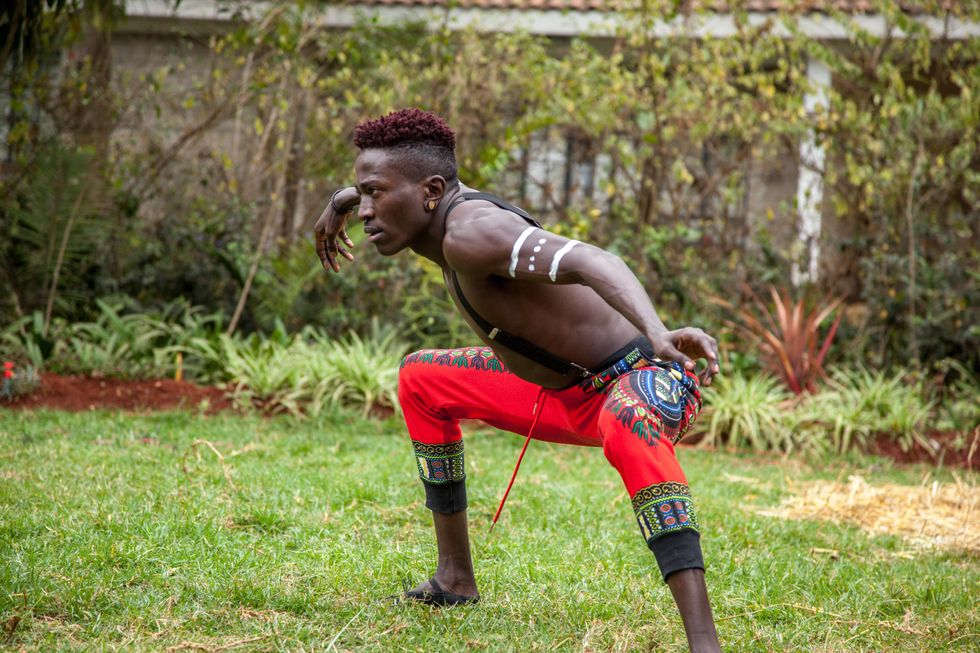 Introverts tend to be very perceptive, picking up on subtleties of body language. Photo by Unsplash
Introverts tend to be very perceptive, picking up on subtleties of body language. Photo by Unsplash
Introverts don’t tend to make themselves the center of attention in social settings. They prefer to listen and observe, and contribute to conversations only when they feel they have something to say. As a result, introverts tend to be very perceptive. They tune in closely to conversations and notice how a person’s body language can convey a message. An introverted dancer can use these attributes to focus entirely on the choreographer without being distracted by other dancers around them. This focus can help them to pick up subtle details in movement. It can also help them bring more to their roles, since they naturally pay attention to the nuances of personalities.
Introverts Are Intrinsically Motivated To Meet Their Goals
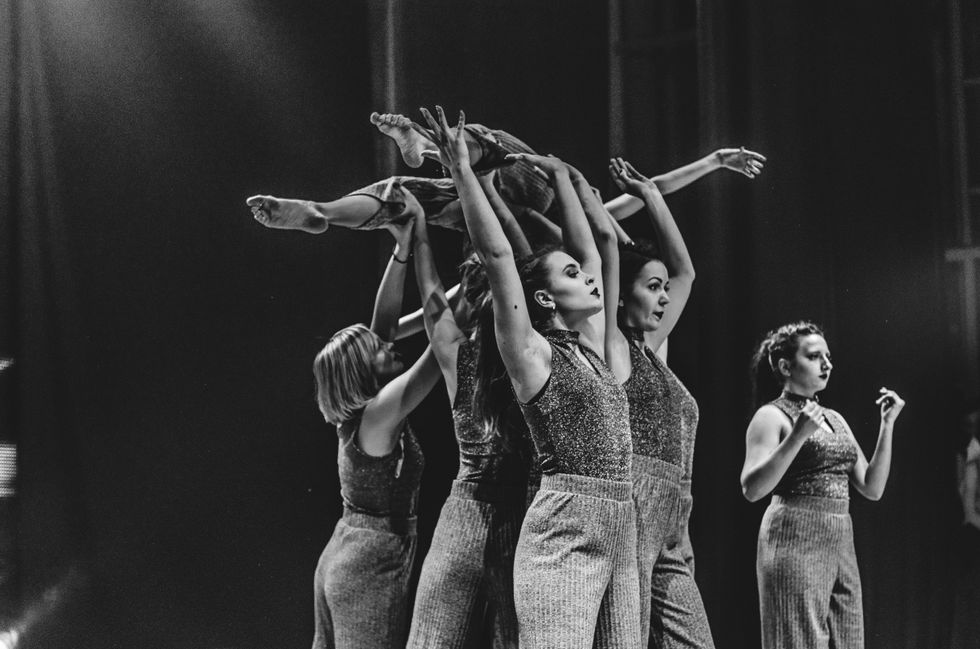 Intrinsic motivation has been shown to lead to greater success. Photo by Vadim Fomenok/Unsplash
Intrinsic motivation has been shown to lead to greater success. Photo by Vadim Fomenok/Unsplash
Because they gain their energy from time spent alone, introverts don’t rely on praise from those around them to meet their goals. When an introverted dancer sets a personal goal, whether it be to add an extra rotation to their pirouettes, to try a class in a new style or to audition for a new project, they are motivated to achieve that goal because of their passion for dance. Introverts also don’t shy away from time practicing alone in the studio, and some will work and work until they accomplish what they set out to do. A study from Yale University showed that those who are internally motivated are more successful than either those who are externally motivated or those who have a mix of motivations.
The bottom line is that introverts can make tremendous contributions as performers. Don’t underestimate them.
